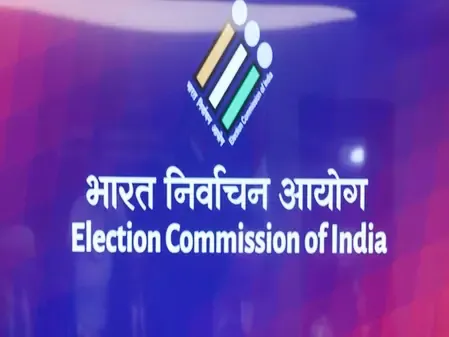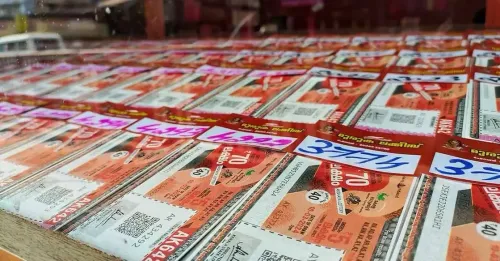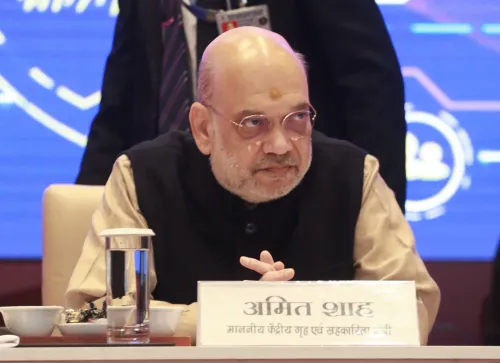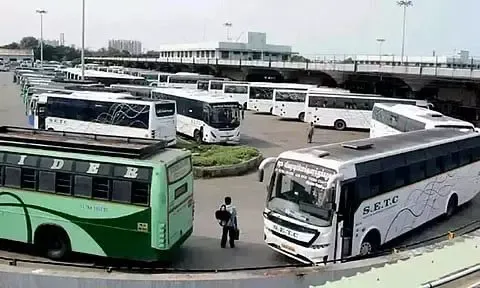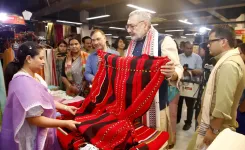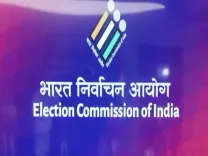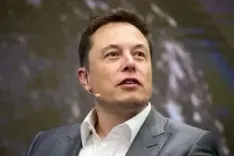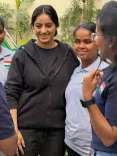How Are Dhamtari Women Achieving Freedom from Smoke Through PM Ujjwala Yojana?
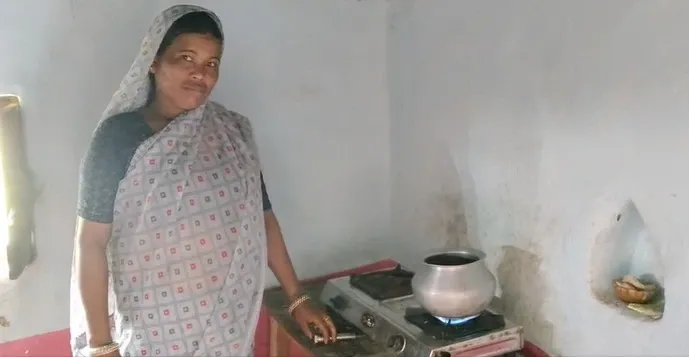
Synopsis
Key Takeaways
- Pradhan Mantri Ujjwala Yojana empowers women by providing free LPG connections.
- The initiative aims to reduce health risks associated with traditional cooking.
- Over 10.33 crore connections have been established across India.
- Ujjwala 2.0 has successfully aided an additional 1 crore beneficiaries.
- Increased awareness and safety measures are enhancing the scheme's effectiveness.
Dhamtari, July 26 (NationPress) In the secluded villages of Dhamtari district, Chhattisgarh, a remarkable transformation is taking place. Women, who once suffered from the smoke and health risks associated with traditional cooking, are now enjoying cleaner air and healthier lifestyles, all thanks to the Pradhan Mantri Ujjwala Yojana (PMUY) initiated by the Central Government.
Since its inception in May 2016, PMUY has proven to be a groundbreaking initiative, aimed at empowering rural women by providing them with complimentary LPG gas connections, thereby freeing them from the reliance on polluting fuels like firewood and cow dung cakes.
The women from various Panchayats and villages in Dhamtari are visibly joyous. They no longer need to spend countless hours collecting firewood or endure the choking smoke that previously filled their kitchens.
“We used to cook on mud stoves, and it would take forever. During the monsoon, it was even worse. However, thanks to PM Modi and the Ujjwala scheme, cooking is now quicker, simpler, and healthier,” expressed Kamla Devi, a beneficiary.
This initiative, unveiled by Prime Minister Narendra Modi on May 1, 2016, targeted two pressing issues: public health and the empowerment of women. Traditional cooking fuels were detrimental not only to the health of rural women—leading to respiratory ailments and eye infections—but also contributed to environmental harm.
The Ministry of Petroleum and Natural Gas (MoPNG) introduced PMUY as a flagship program with the vision of supplying clean cooking fuel to every household in rural India. The initiative has garnered extensive national support, with over 10.33 crore PMUY connections provided across India as of March 1, 2025.
In response to the growing demand, the government launched Ujjwala 2.0 in August 2021, aiming to assist an additional 1 crore beneficiaries, a target successfully met by January 2022. Subsequently, an extra 60 lakh connections were distributed by December 2022.
To further advance this mission, an additional 75 lakh LPG connections were sanctioned for the duration from FY 2023-24 to 2025-26, with the target impressively achieved by July 2024.
A key aspect of Ujjwala 2.0 was the establishment of a special provision for migrant families, allowing them to apply for LPG connections through a simple self-declaration—eliminating the need for a ration card or proof of address. This measure has encouraged more households to transition to cleaner energy.
In Dhamtari, the impact is evident not just in the kitchens but also in the self-assurance of women, who now feel empowered and dignified. Cooking is no longer a laborious task, allowing women to reclaim hours of their day for education, income-generating activities, or caring for their families.
The local administration, in collaboration with oil marketing companies, has also organized awareness campaigns to ensure women are informed about the safe use of LPG and can fully benefit from the scheme. Women are also receiving guidance on regular refills and essential safety measures.
A health officer from Dhamtari remarked, “We’ve observed a significant decline in respiratory illnesses among women since the widespread adoption of LPG. This initiative is not merely a welfare program—it’s a vital public health intervention.”
The Pradhan Mantri Ujjwala Yojana transcends mere gas cylinders; it embodies freedom, dignity, and progress for women who were previously constrained by the smoke of tradition.


